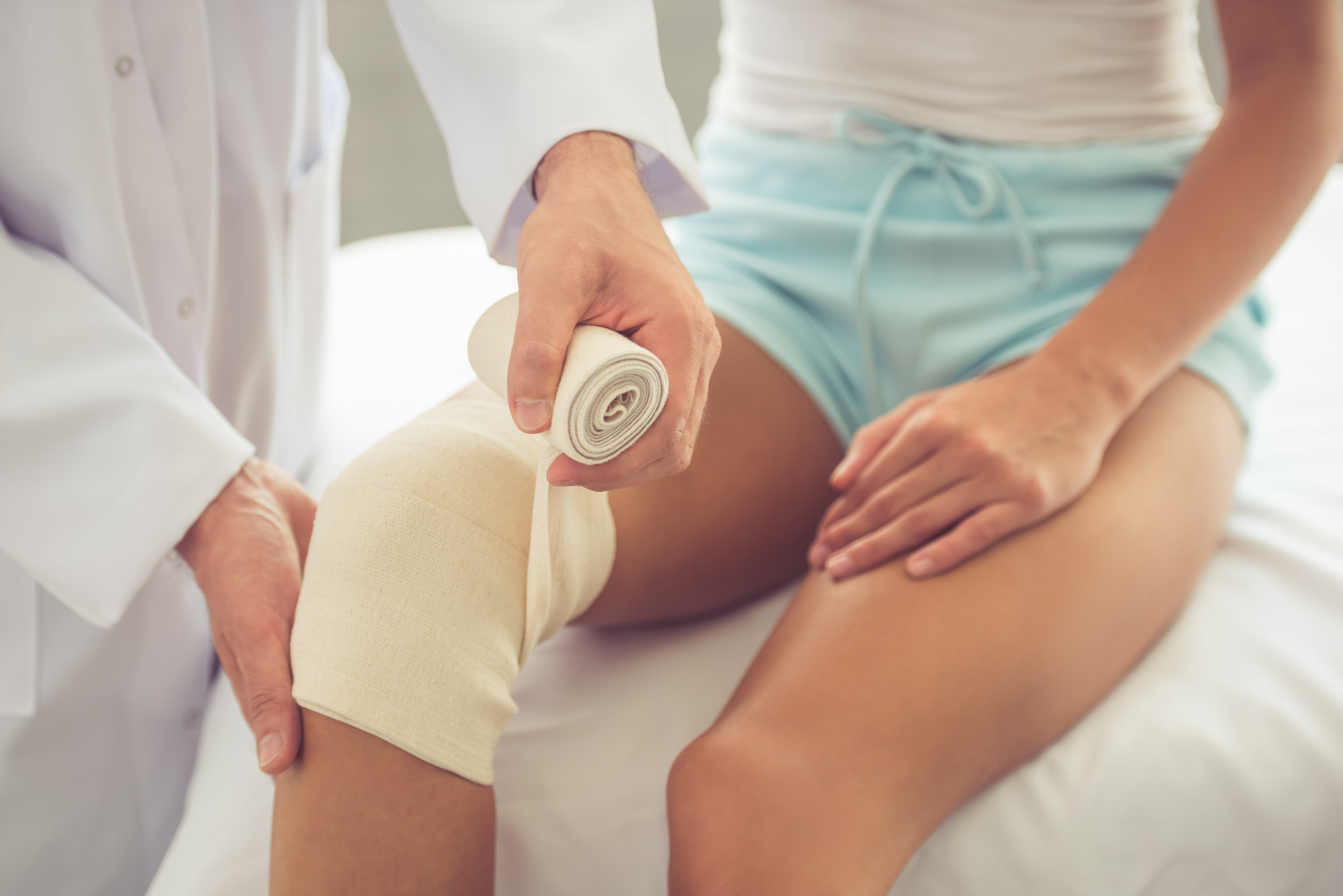
Knee Replacement Surgery Recovery: Everything to Expect
Are you familiar with osteoarthritis? It’s the most common joint disorder in the United States!
More common in older adults, it occurs when the cartilage around the joints wear down, which causes the bones to rub together. Not only is it painful, but it can also cause stiffness that can limit movement.
As far as treatment goes, you might be able to get away with just some painkillers. In some cases, however, surgery might be necessary.
Did your doctor tell you that you’ll need the procedure? Want to learn more about the knee replacement surgery recovery process? If so, you’re on the right page!
We’ll be going over everything that you need to know about the procedure below. Keep reading to learn more about the topic!
Why Have Knee Replacement?
Generally speaking, there are three common reasons why an individual might need a knee replacement. We already talked about one of them earlier—osteoarthritis.
The second reason is rheumatoid arthritis. An autoimmune disease, it causes inflammation in the joints, which can lead to a significant amount of pain.
Last but not least, surgery might be necessary after a severe knee injury. For instance, a surgeon might have to replace a part of the joint in order to restore function to the knee.
Total Knee Replacements: When Are They Necessary?
Total knee replacement surgeries are invasive. Given that, it’s not surprising to know that they’re considered to be the last resort. In other words, a surgeon will only perform the procedure if the joint is irreparable or if all other treatment methods have failed.
What happens during the surgery? The doctor will remove the damaged joint and replace it with one that’s made from ceramic, plastic, or metal.
Preparing for the Procedure
Knee replacements are considered to be a major surgery. For this reason, your doctor will perform a few diagnostic tests before the operation.
For instance, it’s not uncommon for them to check your blood count. In some cases, they might also decide to do a urine test.
As far as anesthesia goes, these types of surgeries are typically done under general, spinal, or epidural anesthetic.
The Knee Replacement Surgery Recovery Process
An individual will have to remain in the hospital for 1 to 3 days after a knee replacement surgery. Following the first day, they will be encouraged to walk with a walking aid.
Physical therapy also helps. For instance, CPM machines can be used to hasten the recovery process. How do they work? They allow you to gently flex and extend the knee, which can help rehabilitate the joint.
However, these devices can be quite expensive. Fortunately, there are companies that offer a CPM machine for rent!
Recovering From Your Surgery
Hopefully, that gives you a better idea of what to expect from the procedure. Remember, at the end of the day, your knee replacement surgery recovery depends on how well you respond to rehabilitation.
Did you find the information in this post helpful? If so, why not share it with your friends?
